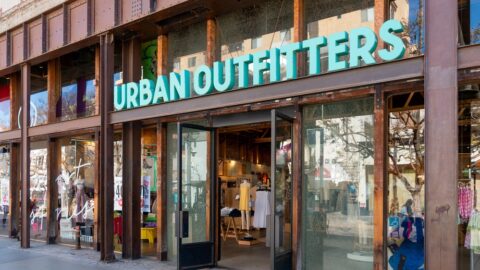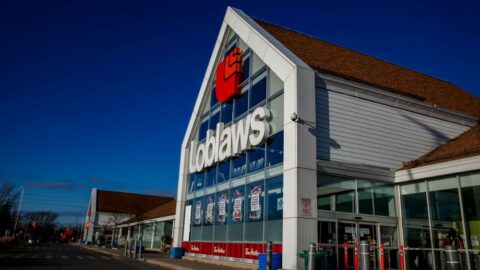Many within the retail industry are breathing huge sighs of relief at the news that the proposed border adjustment tax (BAT) has been cut from the House Republican-led tax reform plan.
House Speaker Paul Ryan and House Ways and Means Committee Chairman Kevin Brady initially devised the “Better Way” plan to create a 20% border tax on imported goods by ending retailers’ ability to deduct the cost of imported merchandise.
Ryan and Brady defended the BAT since its initial proposal, saying it would incentivize U.S. companies not to move factories overseas and instead to export more products. They estimated that the BAT would raise approximately $1 trillion in revenue over 10 years, which would limit the deficit impact of cutting corporate tax rates.
But retailers countered with various arguments that the tax would negatively affect the industry, particularly that it would:
-
Drive up the costs of their products, thus eroding profits and exceeding any benefits from a lower corporate tax rate;
-
Require consumer price increases of 15% or more to retain profitability, effectively creating a new tax paid by consumers; and
-
Put millions of retail-supported jobs at risk — more than would theoretically be created in manufacturing.
In fact, the BAT is anticipated to take away $13 billion from five major U.S. retailers’ annual earnings, including Walmart, Costco, Genuine Parts Co., Dick’s Sporting Goods and Best Buy, according to The Wall Street Journal.
NRF Leads Charge Against BAT
Despite being a strong supporter of income tax reform that would broaden the tax base and lower the corporate tax rate, the National Retail Federation (NRF) had been very outspoken against the proposed tax, even launching a television, print and digital ad campaign in February to illustrate its potential drawbacks.
In May, NRF brought 20 retail CEOs to Washington, D.C. to meet with more than two dozen members of Congress as well as three members of President Donald Trump’s cabinet — Treasury Secretary Steven Mnuchin, Commerce Secretary Wilbur Ross and Labor Secretary Alexander Acosta. The meeting was designed to make the case for why the BAT should not be included in the tax reform plan. That same week, Brian Cornell, Chairman and CEO of Target, testified against the BAT at a Ways and Means Committee hearing.
The organization noted that the BAT that would increase costs on everyday necessities, such as food, gas, clothing and prescription medicines, by as much as $1,700 for the average family in the first year alone.
“By removing this costly element of reform, the way has been cleared for swift action on a middle-class tax cut that will put more money in the wallets of the American taxpayer,” said NRF President Matthew Shay in a statement. “Changing our outdated tax code is fundamental if we are to grow our economy, encourage investment and create jobs.”












